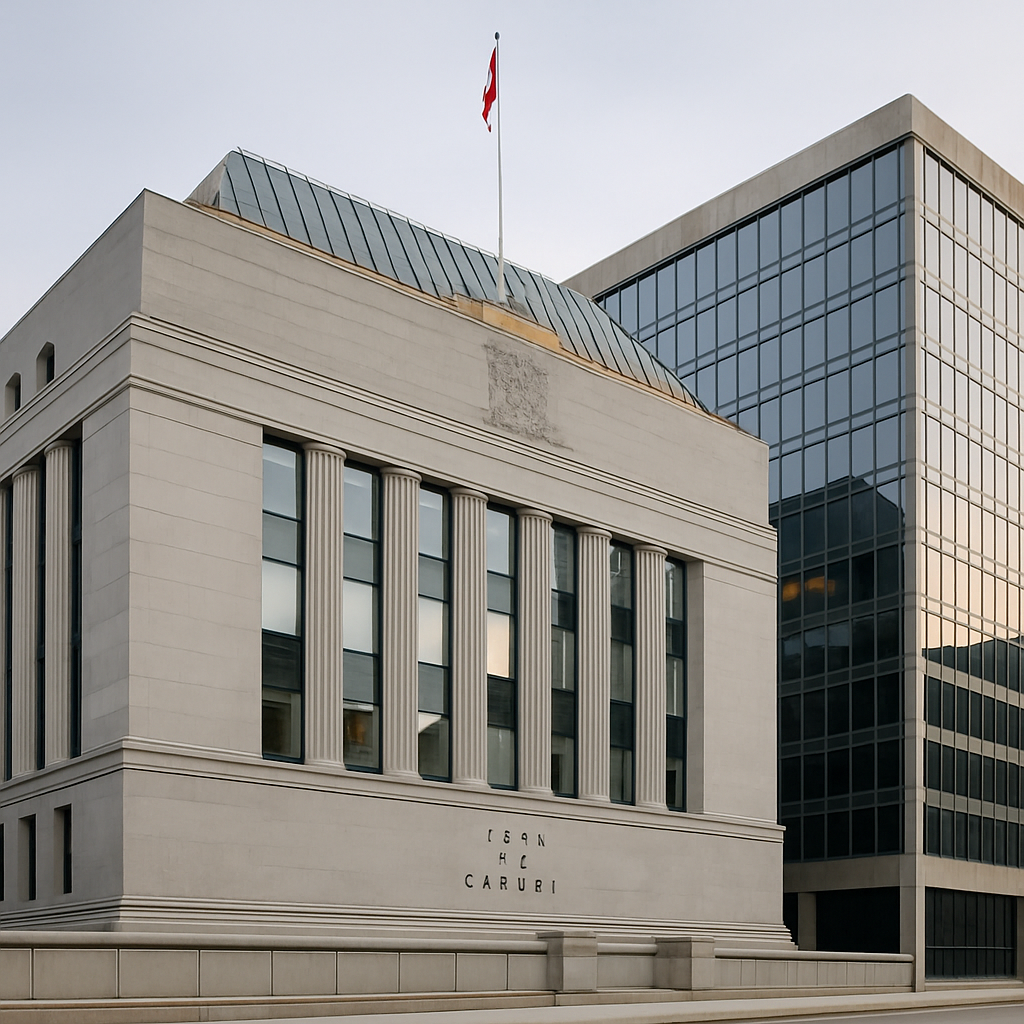Cheaper, Faster Cross-Border Payments
Sending Money Home Shouldn’t Be This Hard
Every year, migrant workers and families send hundreds of billions of dollars back home. These transactions—known as remittances—are often used for essentials: food, education, rent, and healthcare. For many families, remittances are lifelines.
But the reality? Traditional remittance systems are slow, costly, and often exclude the very people who need them most.
The Problem With Traditional Remittances
When you send money internationally through banks or money transfer services, the process usually involves multiple intermediaries. Each one takes a cut. Fees commonly range from 5–10% of the amount sent, and in some countries they’re even higher.
Worse, transfers can take days to arrive—especially if you’re sending money over a weekend or holiday. For families relying on that money for daily needs, those delays matter.
How Bitcoin Helps
Bitcoin allows people to send money directly, without a bank or remittance company in the middle. It’s:
- Faster – Transactions can be confirmed in minutes, not days.
- Cheaper – Especially for larger or repeated payments, fees are often much lower.
- Accessible – Anyone with a phone and internet connection can use Bitcoin—no bank account required.
Real-World Impact
In countries with high remittance costs or limited banking access, Bitcoin is already being used:
- Parents pay school fees directly to institutions abroad.
- Families cover emergency medical bills without waiting for banks to process.
- Workers support loved ones quickly, with less money lost to middlemen.
Bitcoin is especially powerful in regions where remittance fees cut deeply into already small incomes. Every dollar saved means more food on the table.
But What About Volatility?
It’s true that Bitcoin’s price fluctuates. To manage this, many users convert Bitcoin into local currency immediately after receiving it. In these cases, Bitcoin acts as the payment rail—fast, borderless, and low-cost—even if the final goal is still cash.
What This Means for New Users
You don’t need to be a Bitcoin expert to benefit from it. The next time you—or someone you know—needs to send money across borders, consider Bitcoin as an option. It’s not just digital money—it’s a tool for financial inclusion, especially for those underserved by banks and weighed down by high fees.




